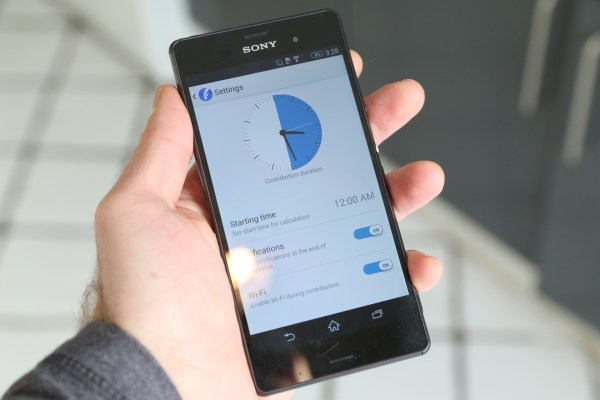Like game consoles before them, smartphones can now help swing the karmic balance in your favor while you sleep or charge your device thanks to Folding@home. The project, which uses the processing powers of your mobile device to contribute to important protein folding projects, including cancer research and beyond, is based on open source code from Stanford that has been optimized for mobile devices, which can now offer up folding performance comparable to that found on desktops from just a few short years ago.
First up for Folding@home’s mobile initiatives is a project that will help study mutations in proteins targeted by drugs designed to fight breast cancer, and a project coming soon to smartphones will look at processes involved in diseases that stem from misfolding proteins, such as Alzheimer’s. The Folding@home project will be available first to Sony smartphone devices, with a limited beta app for Xperia phones. Xperia Z-series handsets, along with T3, T2, Ultra, M2 Aqua and C3 phones can participate in the beta for now, but a version compatible with any phone running Android 4.4 and up is expected to launch sometime early this year.
The Folding@home app aims to potentially double the power of the existing network, which is achievable if 500,000 smartphones were running the app with the power of today’s devices. The mobile software takes advantage of your smartphone’s processing power while the gadget’s not making any use of it, and needs access only to the Wi-Fi connection and the processor resources.
Sony and Folding@home aren’t the first to tap into the processing power of mobile devices to help solve larger problems – HTC debuted its “Power to Give” app in February of last year to accomplish much the same thing. But when it comes to initiatives with this kind of upside, there’s no shortage of room for competition.
